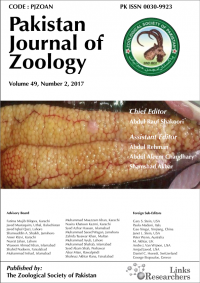Effect of Homoharringtonine on Proliferation and Apoptosis of Osteosarcoma Cells via LINC00857/miR-340
Effect of Homoharringtonine on Proliferation and Apoptosis of Osteosarcoma Cells via LINC00857/miR-340
Junli Liu1, Tongfang Yang2 and Lisheng Wu3*
ABSTRACT
To share on other social networks, click on any share button. What are these?










